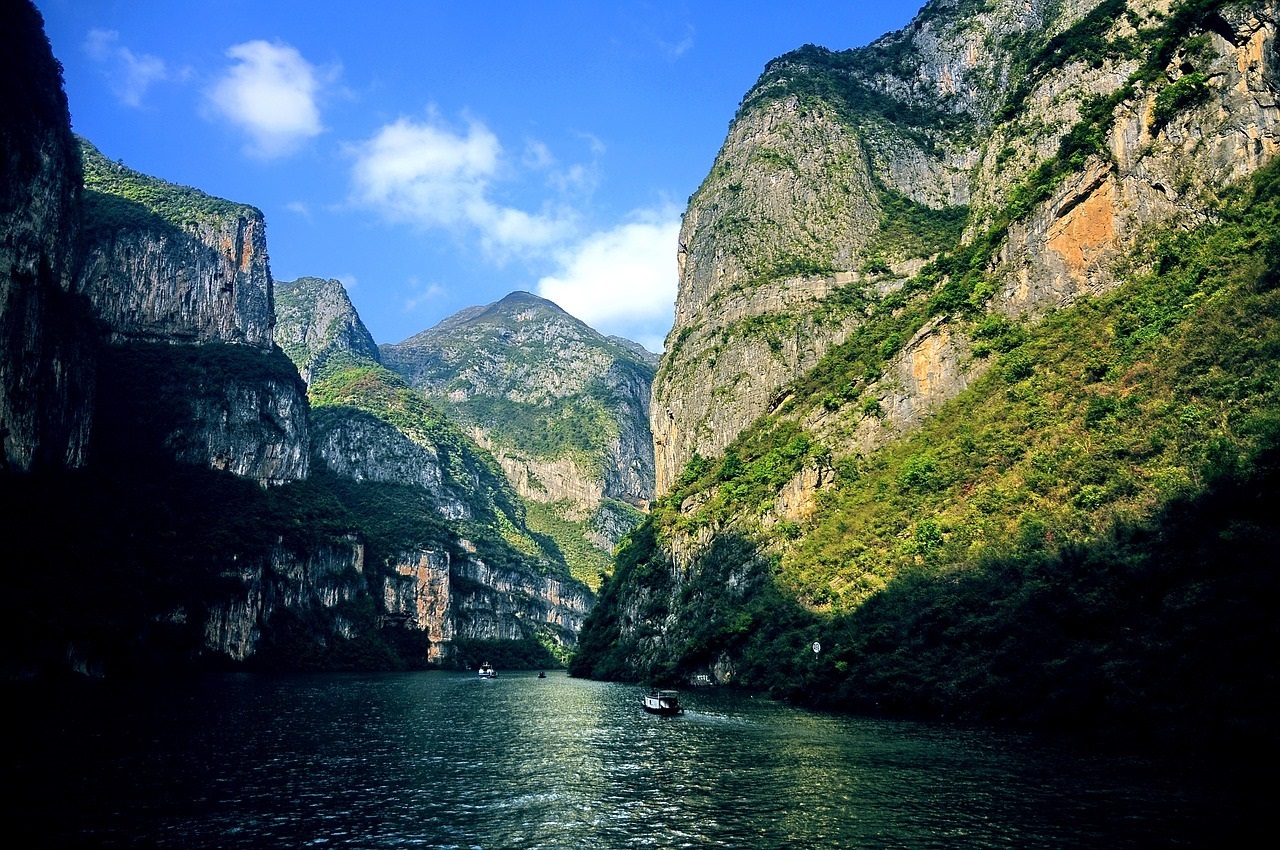Why Does Sustainable Tourism Matter?
Responsible travel or sustainable tourism has become increasingly popular among travelers and travel suppliers over the past 25 years. It encourages people to treat areas of the world that they visit with respect.
Ecotourim is another term that is sometimes used to describe responsible travel. It’s one aspect that might be important to your travel destination. It often refers to more remote and impoverished areas of the world. In addition to helping preserve delicate eco-systems in some of these areas, other important components include: 1) respecting the local culture; 2) helping protect the natural environment; and 3) helping support local communities.
Sustainable tourism can apply to any area you visit, though. Many of the river cruise lines offer visits to UNESCO World Heritage Sites in their itineraries. The goal of UNESCO is to help preserve and protect places (landforms, buildings or cities) that have been added to their list of World Heritage Sites.

A UNESCO World Heritage Site - Salzburg, Austria
The Sustainable Travel International (STI), a non-profit organization defines Sustainable Travel as:
Promoting responsible travel and ecotourism, supporting sustainable development, and helping travelers and travel providers protect the cultures and environments they visit.
The International Ecotourism Society (TIES) established the definition and principles of ecotourism in 1990 and defined ecotourism as “Responsible travel to natural areas that conserves the environment and improves the well-being of local people”. Martha Honey, the author of Ecotourism and Sustainable Development, Second Edition: Who Owns Paradise?, breaks the definition down into seven distinct characteristics: 1) involves travel to natural destinations; 2) minimizes impact; 3) builds environmental awareness; 4) provides direct financial benefits for conservation; 5) provides financial benefits and empowerment for local people; 6) respects local culture; and 7) supports human rights and democratic movements.
Sustainable Tourism requires travelers to be responsible – to preserve, appreciate and make a difference, not just to observe the environment. It encourages them to avoid wasteful habits and try to minimize the impact on the world they are visiting by conserving plants and wildlife and other resources like electricity and water.
A Few Ways You Can Help
- Be Responsible Yourself. Simple ways to be aware and take care of the environment include things like picking up trash and disposing of it properly, conserving resources, being careful not to disturb or disrupt fragile elements in the environment or the UNESCO or other cultural sites you visit.
- Support the Local Economy. When you go shopping, try to buy local products. Foods will be fresher, and you will be able to sample items that are unique to the culture you are visiting. Also, look for gifts that are hand-crafted locally. You'll be supporting the local economy.
- Seek Travel Companies that Support Sustainable Tourism. Whether it’s for a river cruise or pre- or post-cruise lodging facilities, look for suppliers that support responsible travel initiatives. Look for low-impact hotels. They are built and operated to conserve water and energy and to use recycling tactics. The hotel should be locally-owned and operated or at least staffed by local employees and should also buy local produce. This helps support the local economy by keeping the profits within the community.
Sustainable Tourism is being practiced by an increasing number of travel suppliers and travelers, which is helping to preserve the environment and enhance the local economies of the areas of the world being visited. By embracing the responsibility we have as caretakers of this world, we are helping to preserve the world for future generations.
If you enjoyed reading this page, please share it with other people you think would also enjoy reading it. Thank you! :)

Lauri Wakefield is a travel writer who specializes in river cruises in Europe and the U.S. Connect with her on Twitter and Google+.









